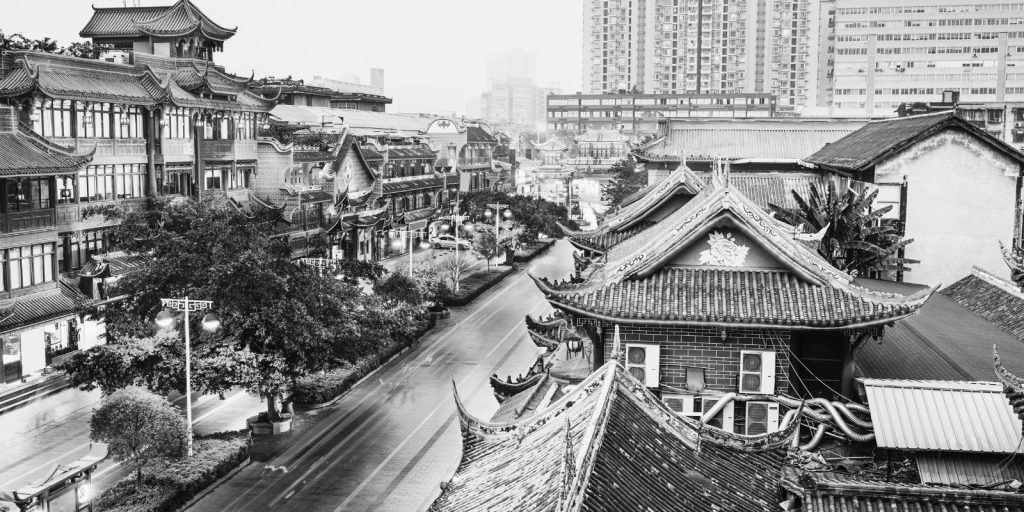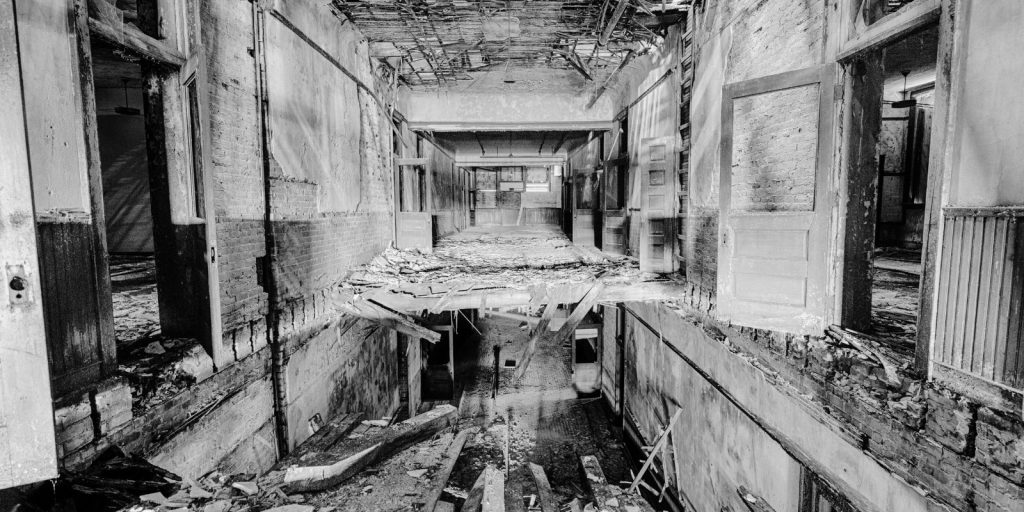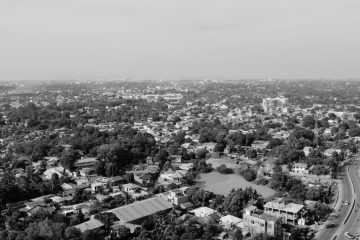What Happened On May 12th?
May 12th, 2008 began like any other day in China.
However, in the early afternoon, the unexpected happened.
At precisely 2:28 pm local time, a monstrous earthquake, registering a 7.9 magnitude, destroyed the Sichuan province and devastated the people.
The Disaster

Sichuan province was known for its rich cultural heritage, natural beauty, and growing economic development. More specifically, major cities within Sichuan like Chengdu were known for their innovation and environmental protection efforts.
So, when this earthquake dismantled such an impressive city, it was all the more devastating.
Now, the scale of the disaster was shocking to say the least. Officials grappled with a scary reality…
- An estimated 69,000 people perished.
- Another 18,000 vanished under the rubble, presumed dead.
- 4.8 million were left homeless.
Besides the human loss, historic landmarks and towns were reduced to rubble, while roads were sliced in half.
Why So Many Schools Collapsed

More so, a particularly tragic aspect of the earthquake involved the widespread collapse of poorly constructed schools.
In total, over 7,000 classrooms were destroyed, leaving an estimated 5,300 students dead.
This exposed the limitations of the “duck and cover” earthquake safety protocol, which wasn’t effective for buildings that might crumble.
Not only that, but reports revealed that many schools, built with substandard materials and lax construction practices, crumbled during the quake. On the other hand, nearby and sturdier buildings remained intact.
After being exposed, serious questions were raised about corruption and inadequate safety standards in public infrastructure, particularly in schools children.
In response, China implemented stricter building codes for schools and revised earthquake safety drills.
The Courage Of Lin Hao

During the earthquake, a 9 year-old boy, Lin Hao, was trapped under the rubble of his school. Despite losing 20 out of his 30 classmates, Hao remained strong.
While trying to escape through a corridor, the grounds collapsed, trapping Hao and two of his classmates.
However, Hao escaped, and he carried one of his classmates, who was unconscious, back to safety. After that, he came back to save his other classmate (also unconscious) who was stuck under the rubble.
As a child, he could have easily ran away to save himself. Instead, he showed character and saved the lives of his friends.
Two months later, Lin Hao was able to walk alongside superstar Yao Ming at the 2008 Olympics.
200,000 Landslides

The earthquake triggered a cascade of secondary disasters. Because Sichuan was in a mountainous terrain, it was particularly susceptible to landslides.
Estimates suggested that over 200,000 occurred. These landslides buried entire villages and blocked vital transportation routes, hampering rescue efforts.
The Threat Of Lake Tangjiashan

Besides landslides, the earthquake created 257 river dams. In particular, the largest of these dams blocked the flow of the Tangjiashan River, creating a dangerous natural dam.
The resulting lake threatened to overflow, potentially inundating downstream communities and posing a threat to 1.3 million people. Thankfully, Chinese engineers undertook a daring operation and safely released water from the lake. In turn, this ultimately prevented a further catastrophe.
$456.9 Million In External Donations

In the aftermath of the devastating 2008 Sichuan earthquake, the World Bank acted swiftly to support China’s recovery efforts.
They provided an initial grant of $1.5 million through the Global Facility for Disaster Reduction and Recovery (GFDRR).
These funds were used for immediate needs like emergency tents and supported technical assistance for national reconstruction planning.
The World Bank also mobilized a team of international experts with experience in post-earthquake reconstruction, who collaborated with Chinese counterparts to develop a comprehensive plan for rebuilding Sichuan.
Additionally, the World Bank offered a separate grant to assess potential chemical contamination from damaged industries affected by the earthquake.
Externally, global compassion led to massive financial support. Donations poured in from individuals, corporations, and governments around the world. Led by Germany ($31,000,000), Macau ($15,300,00), and Japan ($9,600,000), total contributions estimated to be around $456.9 million U.S. dollars.
Neighboring countries were first to provide resources for survivors, including Laos, Singapore, and South Korea.
China & Deadly Earthquakes

Because of the mountainous terrain, China has a long and unfortunate history of natural disasters. However, the deadliest of these occurred centuries ago, on January 23rd, 1556, in the Wei River Valley.
Now this tremor was so powerful that it completely eliminated a civilization. Geologists estimated that the Wei River Valley earthquake clocked in at an 8.0 magnitude, strong enough to alter the course of rivers and trigger landslides miles away.
Even though the magnitudes of both earthquakes were almost identical, the casualty numbers were massively different. With almost ten times as many casualties as the Sichuan earthquake, the death toll in 1556 exceeded 830,000 people.
What Do You Think?
Clearly, this day is life-changing for millions of people in China.
I still pray for survivors, who still deal with the pain of losing their loved ones and their homes.
Thank you, see you in the next.





